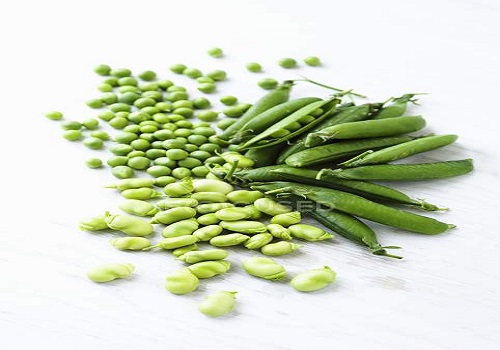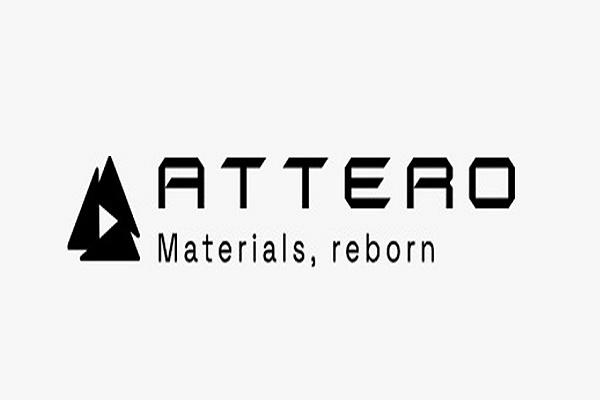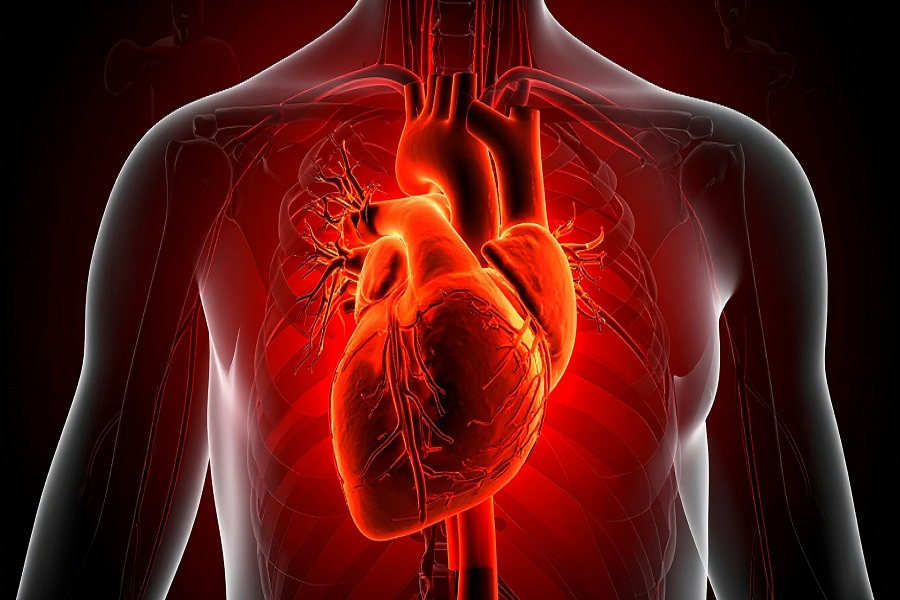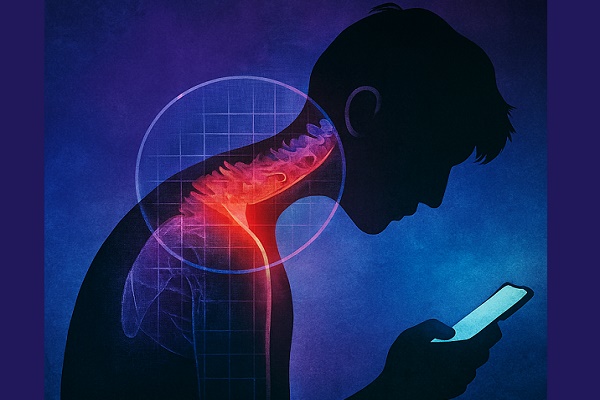Increasing peas and beans, limiting red meat safe for bone health, protein intake

Increasing the consumption of legumes, such as peas and faba beans and reducing red meat consumption is safe for bone health and protein intake, a new study has shown.
According to a study by University of Helsinki, the partial substitution of red and processed meat with pea and faba bean–based food products ensured sufficient intake of amino acids in the diet and did not negatively affect bone metabolism.
"Decreasing the consumption of red and processed meat in the diet to the upper limit of the Planetary Health Diet while increasing the consumption of legumes cultivated in Finland, such as peas and faba beans, is safe from the perspective of protein nutrition. Similarly, bone health is not compromised by such a dietary change either,” said Suvi Itkonen from the Faculty of Agriculture and Forestry of the Finnish university.
In the study, 102 men followed a diet for six weeks. One group consumed 760 grams of red and processed meat per week, which accounted for 25 per cent of the total protein intake, while the other group consumed food products based on legumes, mainly peas and faba beans, corresponding to 20 per cent of the total protein intake.
The researchers discovered no differences in bone formation or resorption markers between the dietary groups.
There was no difference in calcium or Vitamin D intake between the groups. Calcium intake was consistent with current dietary recommendations, and Vitamin D intake was very close to the recommendations.
In both groups, mean essential amino acid and protein intakes were within the recommendations.
"Reducing red meat consumption is extremely important in terms of environmental impact," Itkonen noted. "In this study, the subjects consumed dairy products as in their habitual diets, thus their calcium and Vitamin D intakes were unchanged. However, in terms of bone health, it is important to bear in mind that if one reduces the amount of dairy in the diet, it is necessary to ensure the intake of calcium and Vitamin D from other sources," Itkonen pointed out.
























